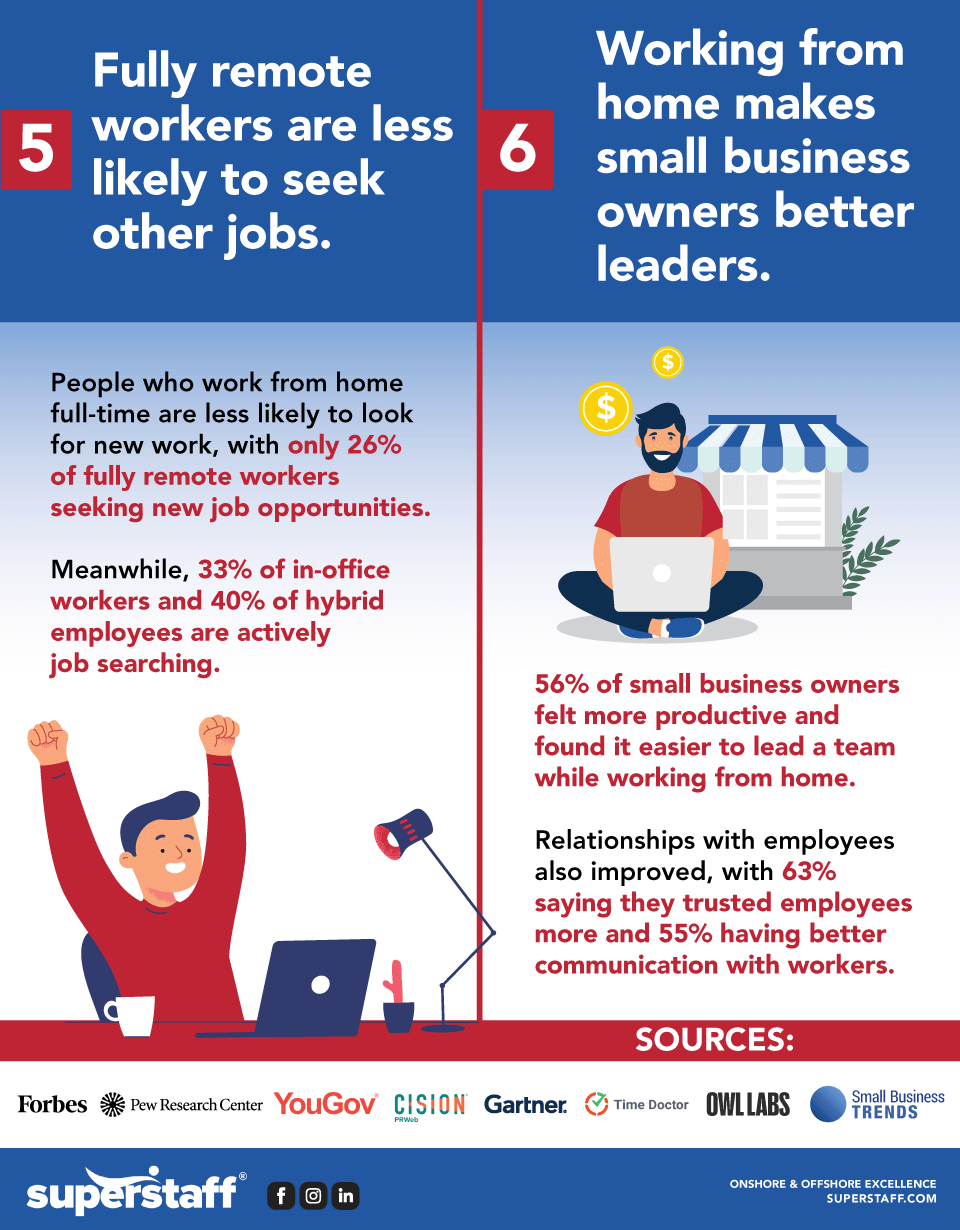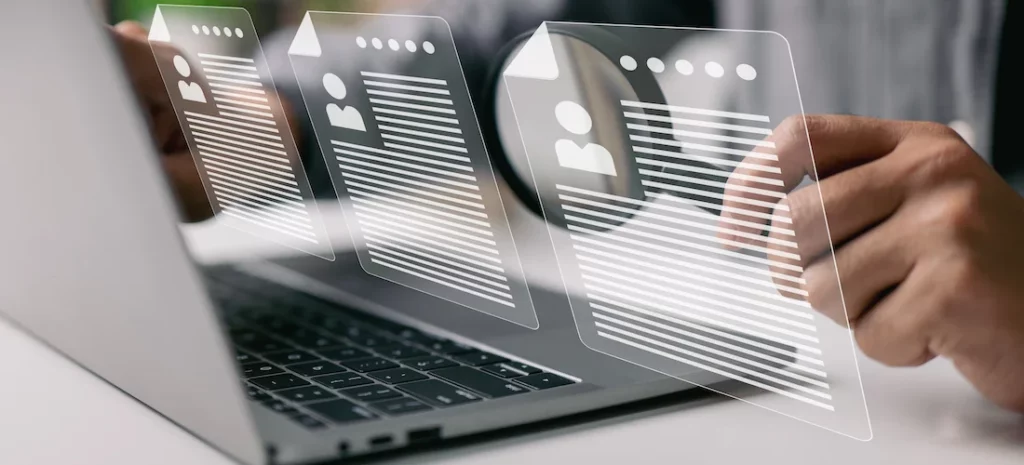Uncover How Remote Professionals Shape the Future of Work
Uncover How Remote Professionals Shape the Future of Work
Blog Article
How to Construct an Effective Group of Remote Professionals
In today's increasingly digital landscape, the capacity to develop a successful team of remote professionals is important for organizations aiming to flourish. Key elements such as specifying clear goals, promoting effective interaction, and picking proper cooperation devices play a crucial duty in this procedure. It is the subtler facets-- like supporting a natural company society and promoting constant discovering-- that can really set a remote group apart. Recognizing exactly how to balance these components might increase more concerns than answers, specifically when thinking about the distinct obstacles that remote work presents.
Define Clear Objectives and Expectations
Regularly establishing clear goals and assumptions is vital for the success of a remote group (Remote Professionals). Without these components, employee may experience complication concerning their roles, obligations, and the overall goals of the task. This ambiguity can lead to reduced efficiency, misaligned initiatives, and inevitably, project failure
To define clear goals, it is important to utilize the SMART criteria-- Specific, Quantifiable, Possible, Relevant, and Time-bound. This method makes certain that each goal is well-defined and can be successfully interacted to all employee. Additionally, it is important to straighten specific purposes with the overarching vision of the company, promoting a feeling of function and dedication among employee.

Foster Effective Communication

Routine check-ins and group conferences can assist maintain a solid interaction circulation, enabling participants to share progression updates and go over any obstacles they might come across. It is also crucial to identify that different people may have differing interaction designs. Recognizing and fitting these differences can cause even more significant communications and a much more cohesive group dynamic.
Motivate group members to verbalize their concepts succinctly and to seek information when required. By prioritizing efficient interaction, remote groups can improve productivity, strengthen partnerships, and develop a more comprehensive work setting, inevitably leading to higher success in achieving common goals.

Use the Right Devices
To sustain efficient communication within a remote team, it is necessary to make use of the right tools that promote cooperation and improve operations. The selection of tools can substantially affect productivity, making sure that group participants stay linked and engaged despite geographical ranges.
Begin by carrying out job administration software, such as Trello or Asana, to arrange jobs, established due dates, and track progression. This fosters liability and offers presence right into each participant's payments. Additionally, interaction platforms like Slack or Microsoft Teams use instantaneous messaging abilities, enabling real-time conversations and fast decision-making.
Video conferencing devices, such as Zoom or Google Meet, are essential for face-to-face interactions, which assist build rapport and strengthen partnerships amongst employee. Moreover, file sharing and storage solutions like Google Drive or Dropbox make sure that important documents are editable and easily go to website accessible by all team participants, promoting partnership on projects.
Including these devices properly produces a setting where remote experts can flourish. By picking the right technology, organizations can improve interaction, enhance task monitoring, and ultimately accomplish their objectives a lot more efficiently.
Develop a Solid Firm Culture
Producing a solid firm culture within a remote team is important for fostering involvement and loyalty amongst employees. A distinct culture gives a feeling of belonging and shared purpose, which is critical when staff member are dispersed throughout different places. To cultivate this society, leaders need to establish clear worths and expectations that resonate with employees, making sure that everybody understands the goal and vision of the company.
Normal interaction is essential in strengthening this culture. Using video clip telephone calls, team meetings, and informal check-ins can aid preserve connections and promote transparency. In addition, commemorating achievements, both large and little, strengthens a culture of recognition and gratitude.
Urging group collaboration with digital systems not only enhances productivity but additionally promotes social relationships - Remote Professionals. Organizing virtual team-building activities can further enhance bonds amongst staff member, making them feel a lot more incorporated right into the firm
Finally, it is necessary to listen to worker responses and adapt as required. By showing that their voices matter, leaders can develop depend on and commitment, eventually producing a thriving remote workplace where workers feel valued and engaged.
Urge Continual Understanding and Advancement
A solid company culture lays the groundwork for motivating continual understanding and advancement within a remote group. By cultivating an atmosphere that values development, companies can equip workers to boost their skills, adjust to new challenges, and inevitably contribute better to group purposes.
To promote constant knowing, consider executing regular training sessions, workshops, and webinars that align with both private career objectives and organizational needs. Take advantage of modern technology to promote access to e-learning platforms, making sure that resources are conveniently available for remote employee.
Urge expertise sharing by establishing mentorship programs and creating forums for workers to trade insights and ideal techniques. Identifying read here and rewarding staff member who actively participate in learning efforts reinforces the importance of advancement and motivates others to follow match.
Moreover, conducting routine feedback sessions can assist identify skill voids and areas for improvement, enabling tailored advancement strategies. By prioritizing constant understanding and advancement, remote groups can cultivate a society of advancement, versatility, and resilience, which are essential for browsing the intricacies of today's business landscape.
Final Thought
Finally, the establishment of an effective remote team rests on the integration of clear objectives, reliable communication, proper devices, a robust business society, and continual learning opportunities. By straightening individual payments with business purposes and cultivating an atmosphere of openness and collaboration, remote specialists can flourish. Remote Professionals. The application of these strategies not just enhances group cohesion yet also drives inspiration, eventually bring about boosted performance and success in a remote functioning landscape
It is review the subtler aspects-- like nurturing a natural business culture and advertising constant understanding-- that can truly set a remote team apart.Reliable interaction is the cornerstone of a growing remote team. By prioritizing efficient communication, remote teams can improve performance, enhance relationships, and produce a more inclusive work setting, ultimately leading to higher success in accomplishing typical goals.
Producing a strong business culture within a remote group is important for fostering involvement and loyalty among workers.In final thought, the establishment of a successful remote team pivots on the combination of clear goals, reliable communication, ideal devices, a durable business society, and continual learning opportunities.
Report this page